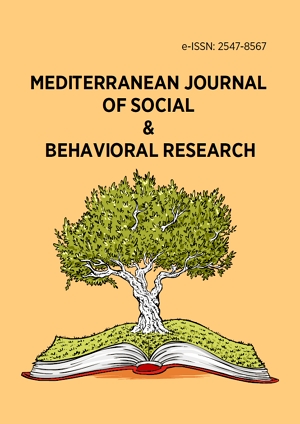Abstract
For decades, the socio-political environment the press operates in had conditioned it to always build prominence around phenomena and people, using language as a strong carrier. Knowing full well that the press can escalate or de-escalate the salience of events through news reportage, media scholars saw the necessity for the institutionalization of some regulatory principles for the press. This is known as social responsibilities. This position paper interrogates the connection or disconnection between two media theories (framing and identity construction) and Nigerian journalism practice as codified by Nigerian Union of Journalists (NUJ) code of ethics, using the farmer-herder crisis and Independent People of Biafra’s (IPOB) call for secession as cases. Having identified a plethora of negative frames and constructed identities around the two cases selected from 19 empirical papers conducted between 2015 and 2021, the findings show that the Nigerian press (newspapers) lean more towards war and ethnic journalism than peace/solution-driven journalism while reporting issues related to the two cases. The paper argues that the journalism practice of the Nigerian press, most times, aligns with the propositions of framing and identity construction theories, but largely disconnects from its ethical principles. In order to have a socially responsible journalism practice in Nigeria, this paper joins the conversation on advocacy for peace/solution-driven journalism.
License
This is an open access article distributed under the Creative Commons Attribution License which permits unrestricted use, distribution, and reproduction in any medium, provided the original work is properly cited.
Article Type: Review Article
MEDITERR J SOC BEH RES, Volume 7, Issue 2, June 2023, 93-101
https://doi.org/10.30935/mjosbr/13053
Publication date: 01 May 2023
Online publication date: 10 Mar 2023
Article Views: 2664
Article Downloads: 4843
Open Access References How to cite this article
 Full Text (PDF)
Full Text (PDF)